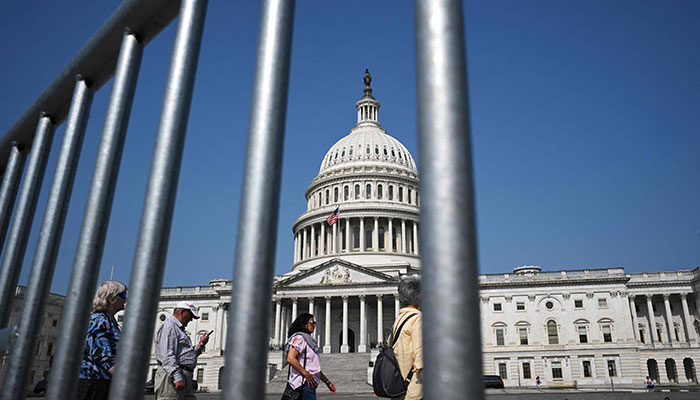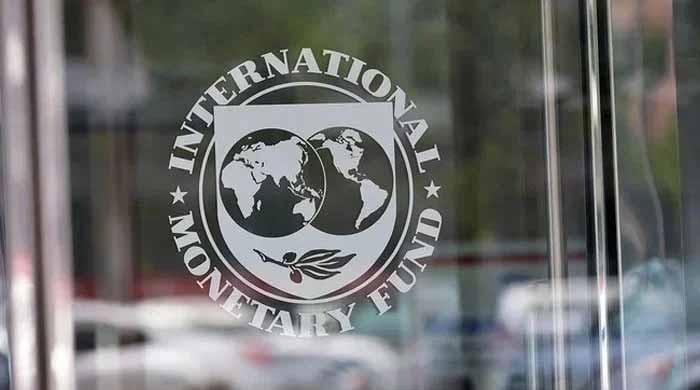What will be impacts of US failure to raise its debt ceiling?
Failure to raise the debt ceiling could lead to stock market shocks and impact the global financial system
May 23, 2023

President Joe Biden and Republicans in Congress have resumed talks to prevent a potential US debt default, which Treasury officials warned could occur as early as June 1. Biden has emphasized the catastrophic consequences of a default and is urging Republicans to agree to a "clean" increase in the debt ceiling before the deadline. However, Republicans insist on commitments from Democrats to reduce future spending in exchange for extending the nation's borrowing authority.
Impact on financial markets
The failure to raise the debt ceiling in the United States could have significant repercussions both domestically and globally. In financial markets, analysts predict a sharp but temporary shock, leading to a decline in US stocks and a spike in interest rates, particularly Treasury yields and mortgage rates. This would result in higher borrowing costs for consumers and corporations, impacting overall spending and consumer confidence.
However, the anticipated shocks are expected to be short-lived, as politicians are likely to respond forcefully to any significant market reactions. Citigroup Global Chief Economist Nathan Sheets expressed confidence that the markets would bounce back once a deal is reached, suggesting limited long-term effects on GDP forecasts.
What would it mean for the US government?
In terms of government operations, even if the US misses the X-date (when the government exhausts its funds), it still has options to prioritize debt repayment and delay other payments to federal agencies, Social Security beneficiaries, or Medicare providers. This approach, used during a similar debt ceiling stand-off in 2011, aims to prevent a default on Treasury securities and maintain interest payments.
What would it mean for the global economy?
While a government shutdown is unlikely, the failure to reach an agreement would likely have global implications. The government's inability to pay all its bills could raise doubts about the nation's creditworthiness, jeopardize confidence among lenders, question the dollar's status as a reserve currency, and increase federal borrowing costs. A US default, though unlikely, would lead to a substantial increase in interest rates and private debt, causing a sharp recession not only in the United States but also in Europe and elsewhere, according to experts.
Could US debt be downgraded?
Furthermore, the possibility of a US debt downgrade by rating agencies looms as the X-date approaches. Even if the US continues paying its bills, the rating agencies may still take note, highlighting the urgency for a negotiated agreement to avoid potential credit rating downgrades.
Overall, the consequences of failing to raise the debt ceiling could have far-reaching economic and global ramifications, impacting financial markets, the stability of the dollar, and the confidence of lenders and investors in the US economy.









